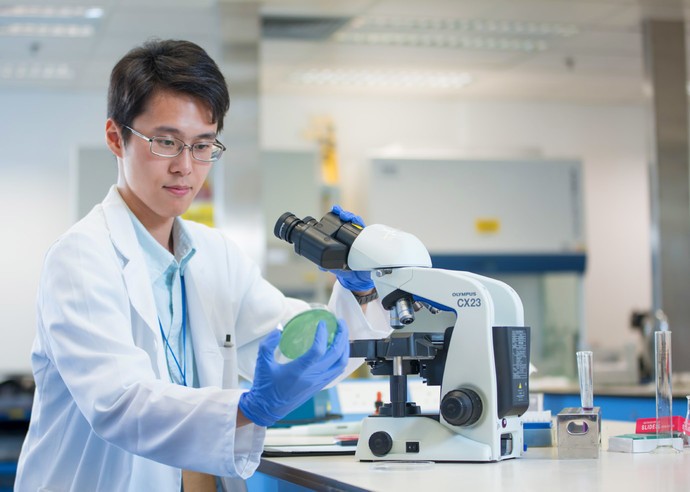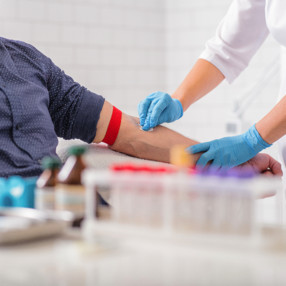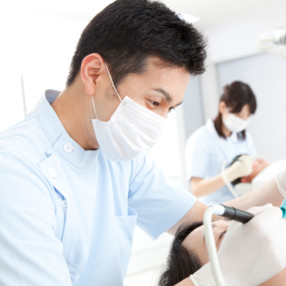Academic qualification
- generally have an ordinary certificate or a higher certificate in medical laboratory technology, a higher diploma in medical laboratory science, a bachelor's degree of science in biomedical science or medical laboratory science, or equivalent.
Professional qualification
- must be a registered medical laboratory technologist under the Supplementary Medical Professions Ordinance
Other specific requirements
- must hold a valid practicing certificate issued by the Medical Laboratory Technologists Board under the Supplementary Medical Professions Council of Hong Kong








